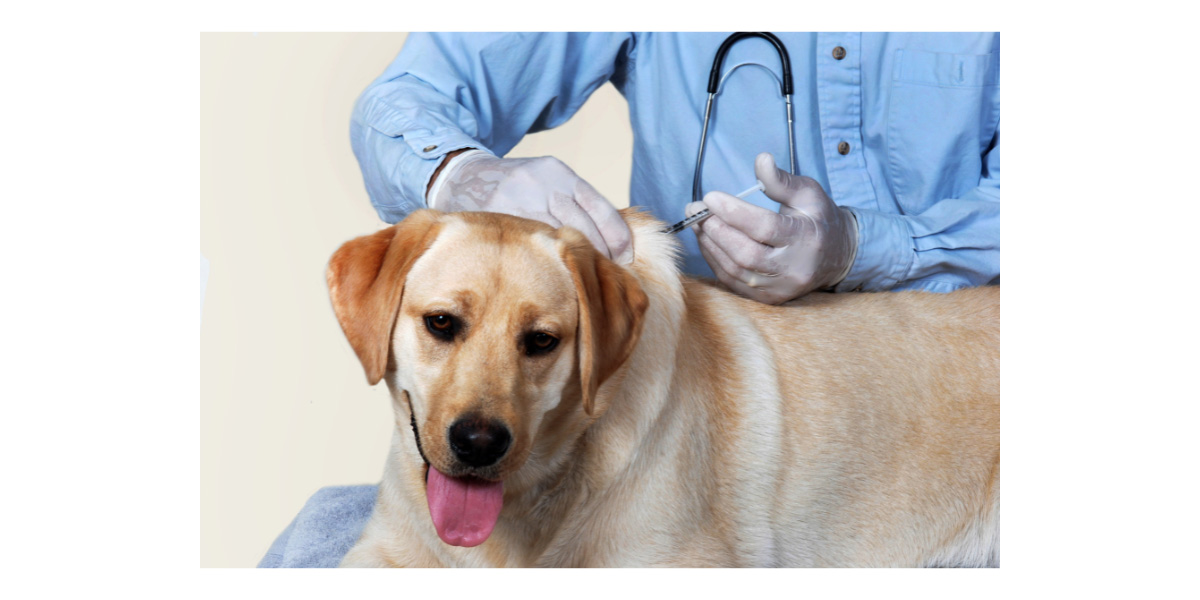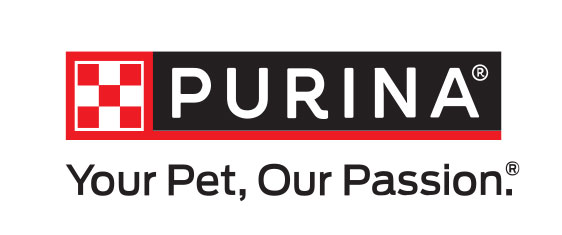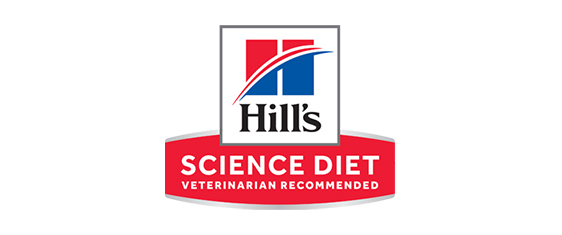Should My Pet Get Vaccines During The COVID-19 Pandemic?
Doctor of Veterinary Medicine

While efforts are made to answer all questions as quickly as possible, if an immediate answer is required or if your pet is in need of urgent or emergency care, contact your pet's veterinarian immediately.
Doctor of Veterinary Medicine

You will receive an answer from Dr. Lindsay and our vet/tech team as soon as possible, usually the same day.
All answers are provided for informational or educational purposes only, and are intended to be a supplement to, and not a substitute for, the expertise and professional judgment of your pet's veterinarian.
It may be necessary to consult your pet's veterinarian regarding the applicability of any opinions or recommendations with respect to your pet's symptoms or medical condition.
CloseDoctor of Veterinary Medicine

An error has occurred, please reload the page and try again.
CloseWhile efforts are made to answer all questions as quickly as possible, if an immediate answer is required or if your pet is in need of urgent or emergency care, contact your pet's veterinarian immediately.
There is no answer related to your question

With everything that's going on, you may have been caught off-guard when you got that friendly postcard from your veterinarian letting you know that your pet's vaccinations are overdue.
Keeping up with your pet's vaccinations may not be your biggest priority right now. But as you may be spending more time with your pets outside, vaccines are as essential as ever to keeping your pet safe and healthy.
What If I Can't Afford My Pet's Vaccinations?
Call your veterinarian and ask which vaccines should be prioritized based on which illnesses are most prevalent in your area, your pet's lifestyle, and how overdue they are.
At the very least, you'll need to keep your pets' rabies shots up to date. Rabies is required to register your pet's license in most cities. It's also essential because your pet can encounter raccoons, skunks, foxes, and other wildlife critters in your backyard.
Rabies, a fatal infection, is most commonly transmitted through a bite that breaks the skin, so if there's even the slightest chance of your pet getting into a fight with a wild animal, having up-to-date rabies vaccine can save their life.
Your veterinarian may offer payment plans, or they may be able to refer you to a service like CareCredit to set up a line of credit for your pet's veterinary care.
Why Does My Pet Need Up-To-Date Vaccinations?
If your local dog park has been closed for weeks, do you really need to worry about vaccines? As it turns out, your pet can be exposed to harmful pathogens during your daily walks, or even when playing in your fenced backyard.
Where there are stray or wild animals, there is disease. If your dog splashes around at the lake or drinks out of a puddle, they could be exposed to giardia and leptospirosis. If your dog sniffs, licks, or consumes other dogs' feces, they could be exposed to parvovirus. Parvovirus can survive in soil for months.
Even your indoor cat needs to be up-to-date on vaccinations. If your cat ever escapes your home, they can encounter another cat or a wild animal, risking exposure to feline leukemia virus, feline calicivirus, rabies, and feline herpesvirus.
If you have a puppy or kitten, make sure to get all of their core vaccines on schedule. Puppies and kittens have underdeveloped immune systems, and, unfortunately, they are especially prone to dying of contagious viruses.
How To Get Your Pets' Vaccinations During The Pandemic
The majority of vet clinics and animal hospitals are open as they are considered essential businesses. You may run into a few changes along the way.
You may find that your vet is busier than normal, if you're normally able to get an appointment within a few days, it may take longer. So, it makes sense to call as soon as you can to secure an appointment.
Your veterinarian is likely offering curbside services at this time. You may have to wait in your car while a vet tech brings your pet inside. Though it may be worrying that you cannot comfort your anxious pet while they are being vaccinated, keep in mind that many pets are actually calmer when their parent is not around, and the process will likely be quicker and easier than usual. Before you know it, they'll be in your arms again.
 Swipe
Swipe



















